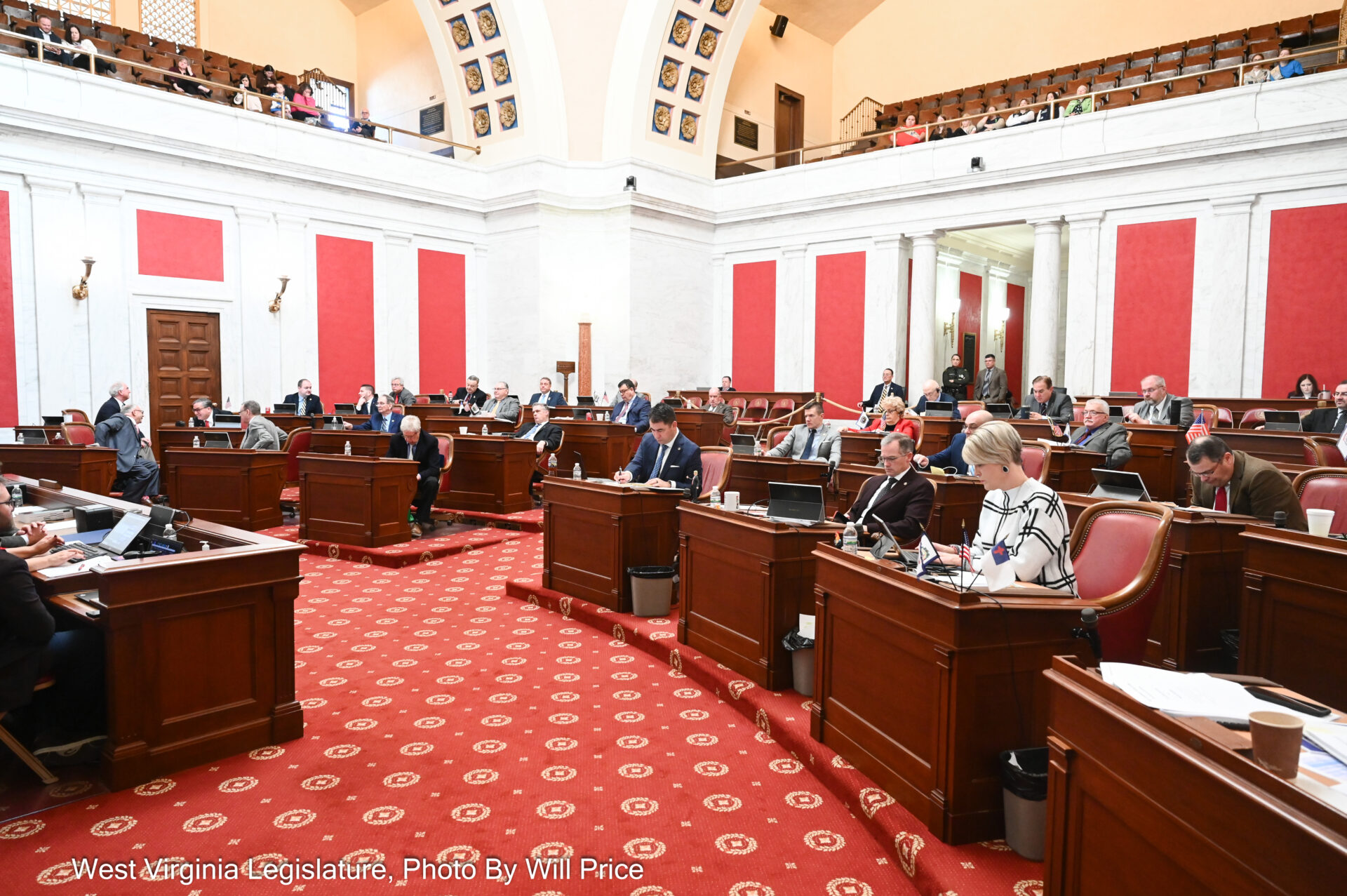The Senate and the House of Delegates both have bills that make changes to the Legislative Auditor’s office.
The office looks into state organizations and organizations that receive state funding and then it takes its findings to the West Virginia Legislature. The findings also are scheduled to be accessible to the public. That information can assist the legislature in policy making and to hold the state government accountable to the taxpayers. The office has historically been a somewhat independent body of the legislature.
The House bill strikes out language that would mandate the findings of the legislative auditor to be made public record. The Senate bill was amended last week so that findings will be made publicly available and that agency reviews will be made each year.
However, both bills expand the power of House and Senate leadership, replacing existing language with “at Senate President’s or House Speaker’s direction.”
Senate Bill 687 and House Bill 5592 change who the legislative auditor reports to. It moves from the legislature broadly to the Joint Committee on Government and Finance. It also defines the investigative powers of the office. The Senate bill passed the Senate and now heads to the House. The bill had eight nay votes panning across party lines.
Many opposed to the bill, like Sen. Bill Hamilton, R-Upshur, cited issues of transparency and conflicts of interest.
“I mean, because the Speaker and the President of the Senate, they change at different times,” Hamilton said. “And you know, you may have somebody that’s partial to one industry or partial to one group, and says, ‘Well, I don’t want this to go forward.’ I’m not saying that our current Speaker or President would do that. You know, but you don’t know who’s coming behind.”
Lead sponsor of the bill, Sen. Jack Woodrum, R-Summers, said the bill only changes things to be in line with current law. He said transparency would not be affected.
The majority of the other bills passed in the Senate were House bills.
Four of seven House bills were passed without any changes. Those bills now head to the governor to be considered and possibly be passed into the law.
House Bill 5006 will eliminate antiquated recycling goals and set new criteria for evaluating the state’s success in achieving recycling goals.
House Bill 5261 expands a tax exemption for portable fire arms. The bill included receiver frames – a part of a gun – as part of that tax exemption.
House Bill 5267 and House Bill 5273 change retirement calculations and posthumous benefits for law enforcement officers and Emergency Medical Workers.
